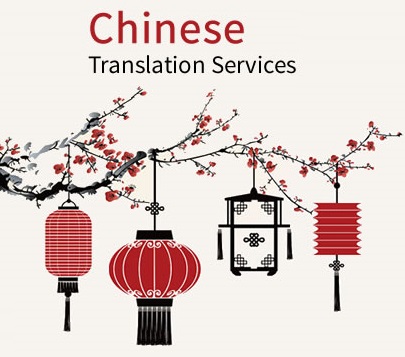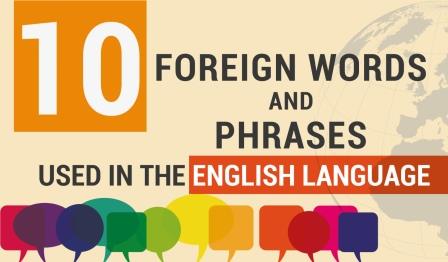Have you considered increasing your commercial to the German marketplace? If so, one of the primary services you will necessitate is German translation. Entering an overseas market is an approach that can boost your total profitability. On the other hand, it also presents a variety of challenges. At first, one of the biggest hurdles you should overcome is the language barrier. If your business currently operates in a language other than German, one of the primary things you must achieve is having all of your present documents, contracts, and advertising materials translated into German.
This could be an overwhelming task and something that must be completed by specialized translators. Conscripting the help of a company that offers German translation services can be an effective measure to make sure your documents are just as professional and appealing in German as they are in their present form.
How to Go About German Translation
When looking for a German translation team to bring into the fold, you must look for a company that uses translators who in point of fact live in Germany. The culture in Germany is diverse from the culture you at present operate in. It might not be much different, but, as you know, in commercial the little things can be the difference among success and failure.
Taking the assistance of a translator who is not only a native speaker, but then again is also immersed in the culture would help to make sure that your translations have the appropriate word choice, use the language in the appropriate syntax, and contribute to ensuring that they will blend with the cultural norms of Germany.
Fill Your German Translation Requirements
One more thing you need to make sure of at the time of searching for a team to fill your German translation needs is the variety of services that they offer. When moving your business to a new market, you will often need numerous types of documents translated. Not only will you requisite marketing and product information interpreted, but you also have to think about agreements, corporate documents, as well as any audio or visual translations you may have a prerequisite.
Again, who is doing the translations is imperative here. When the task is an official document, the person interpreting should have a strong legal background at the very least the company you choose to manage your German translation needs should have paralegals or attorneys acquainted with both the German language and legal system working on your documents. The same stays true if you are offering medical documentation or other technical kinds of information.
Your translators have to know more than just the language they need to be able to understand the concepts of what they are interpreting. Translation is more than just altering words from one language to another; the whole text needs to be rewritten in a way that makes sense and is informative in the new language.
Final Words
When seeking out an agency to deliver you with the German translation services your business needs, do keep the above thoughts in mind. As you expand your company business into Germany, your translators are a valuable part of your team. Ensure that you do thorough research before deciding on your firm. The paybacks gained when using an experienced and professional German translation firm would show in your company’s bottom line. On the whole, choosing the right German translation service provider that fulfills all your requirements is crucial in order to take your business to the next level that too in the best possible manner.









